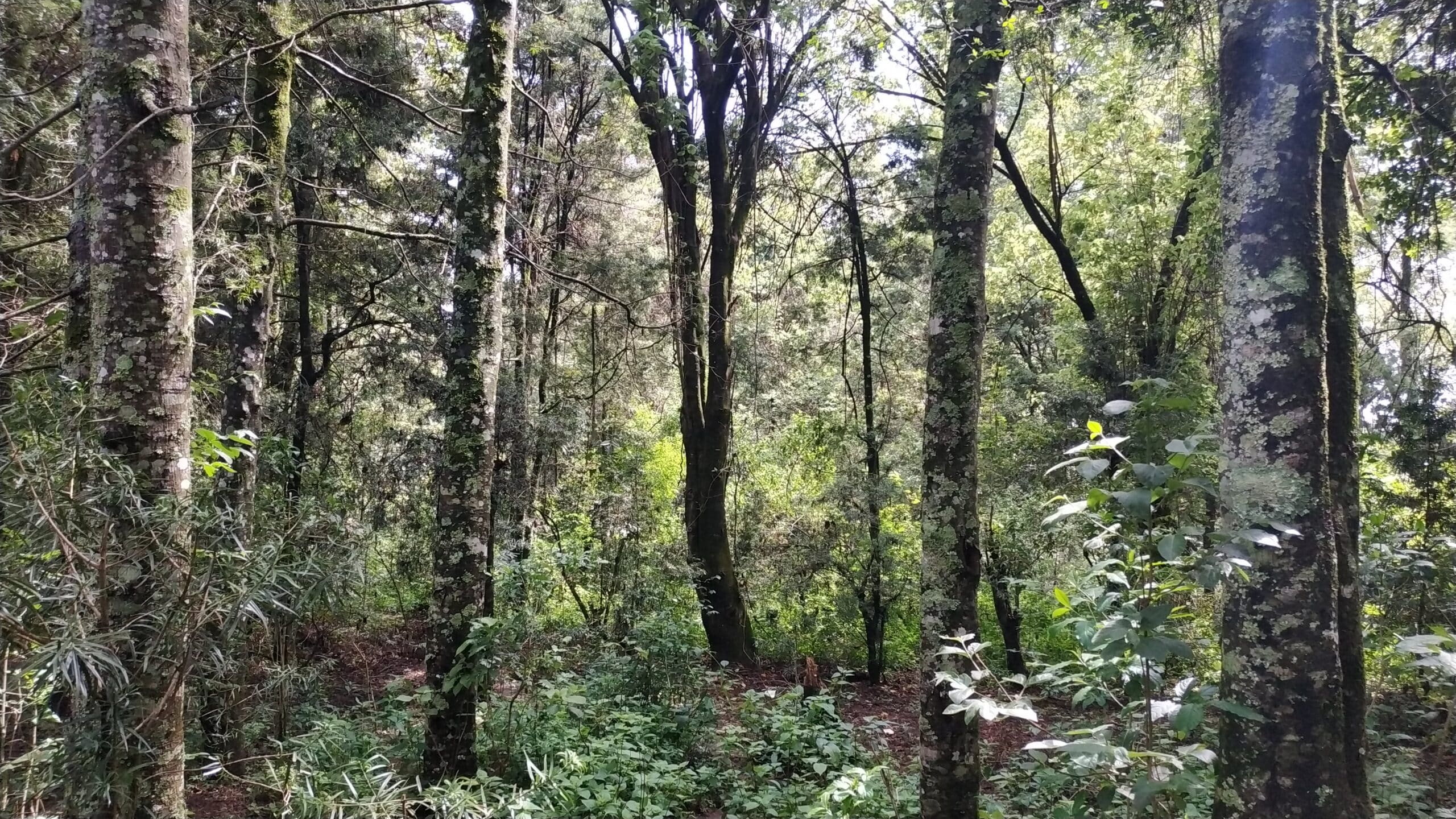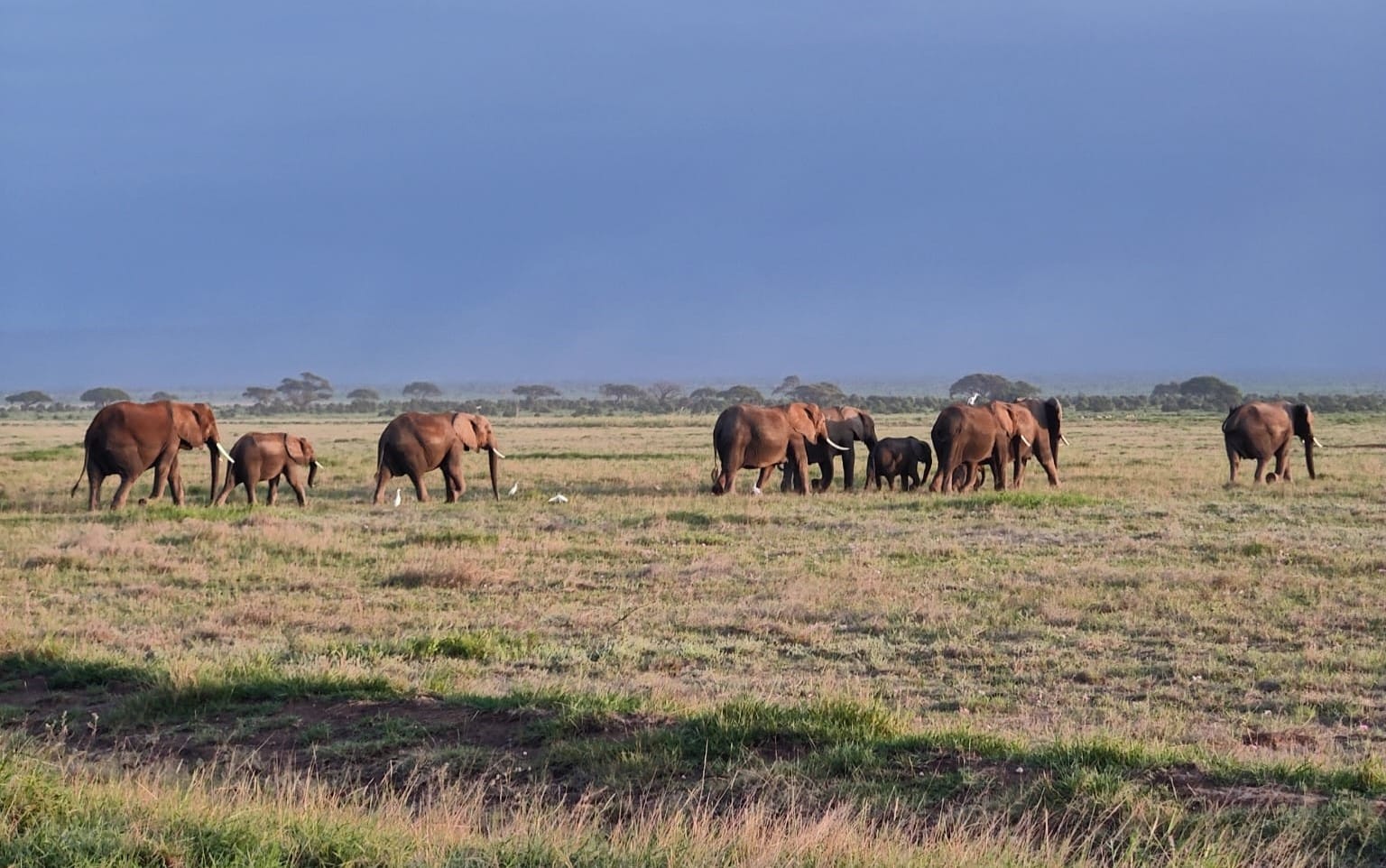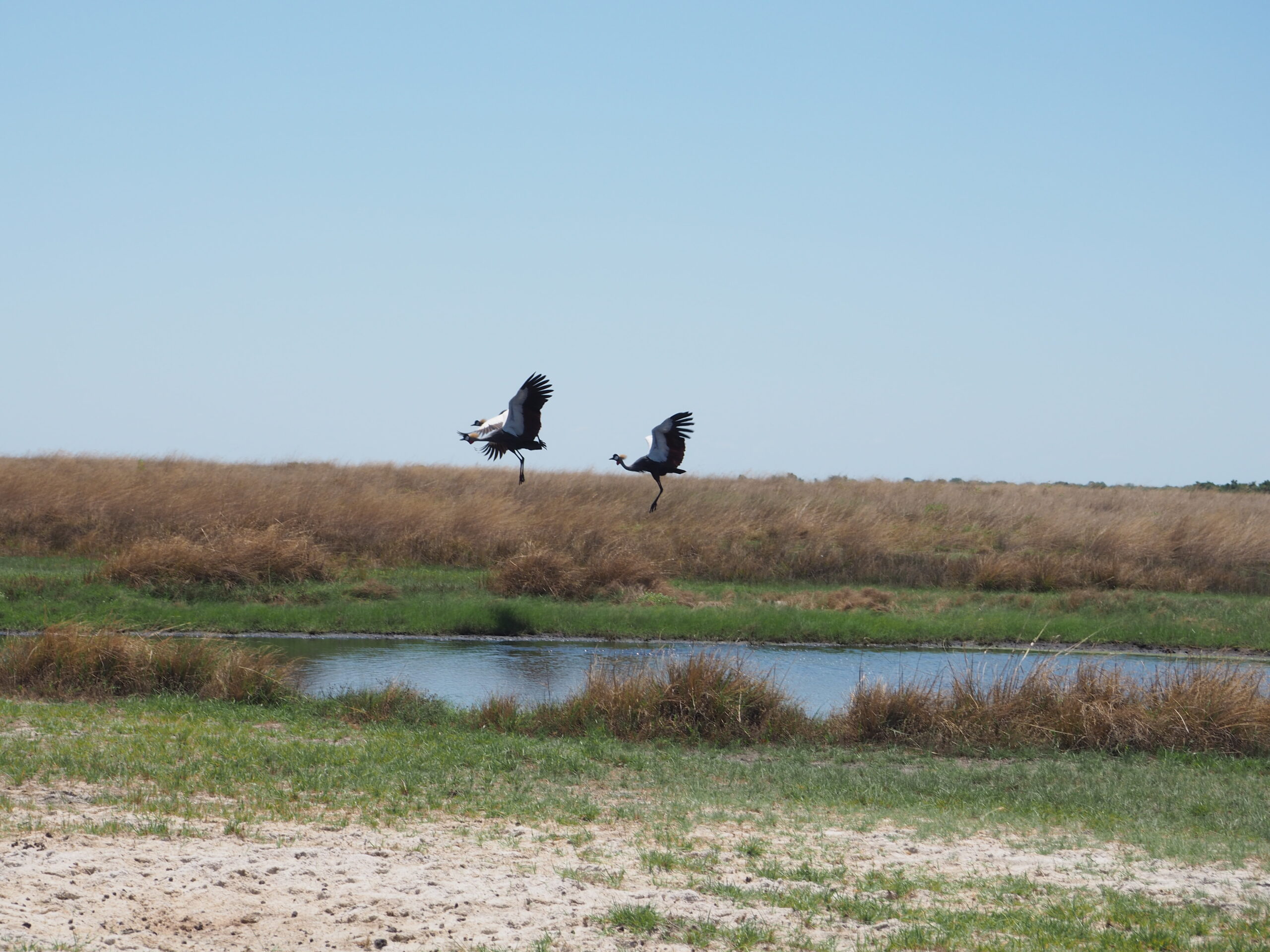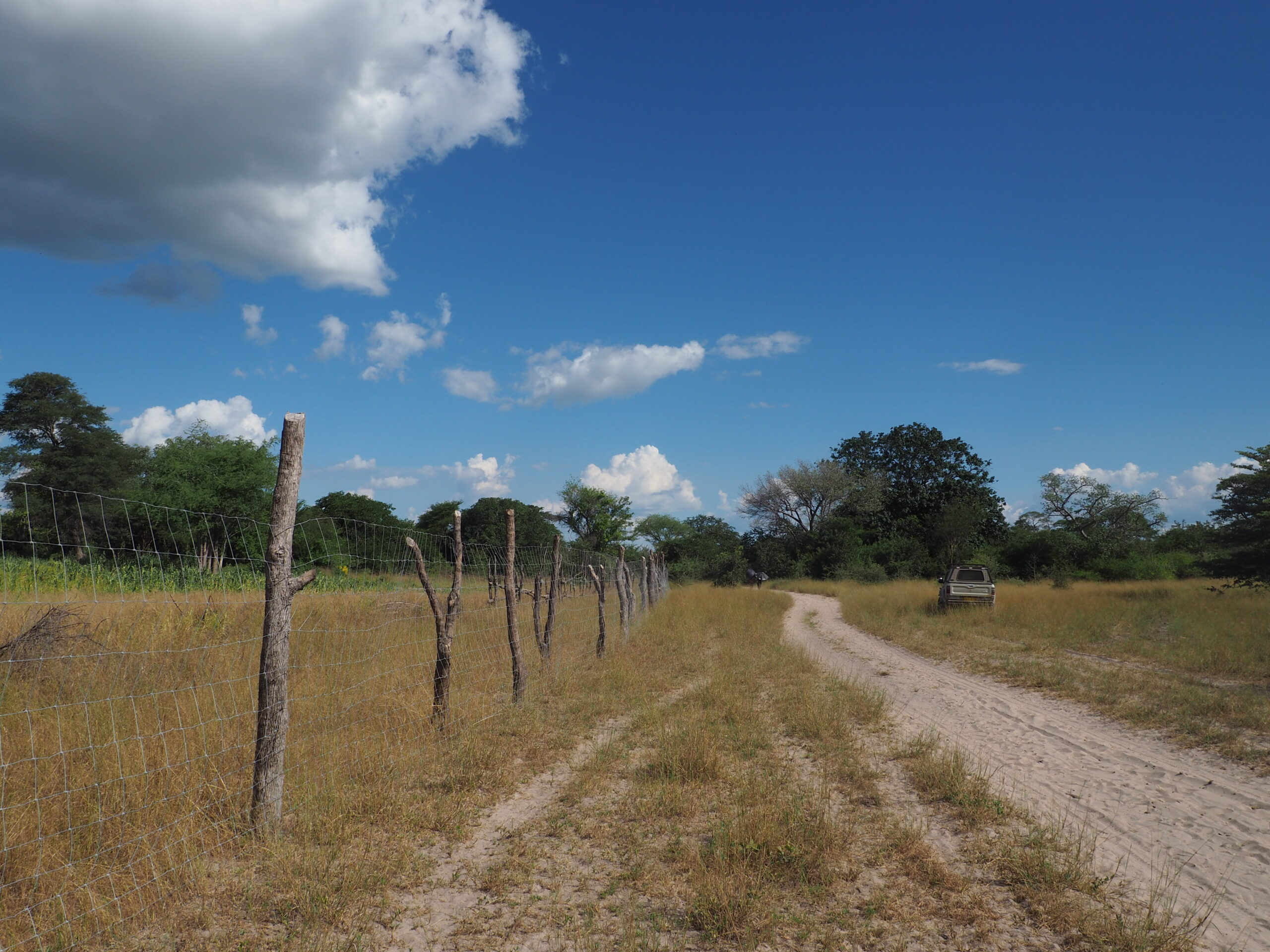The elephant and the tsetse fly: Animal crossings in a Southern African borderland, c.1920-2000
DAAD PRIME Project
Dr. Luregn Lenggenhager
Starting from November 2022 Dr. Luregn Lenggenhager will be joining the Global South Studies Centre (GSSC) and will collaborate closely with the Rewilding project. He was awarded with a Postdoctoral Researchers International Mobility Experience (PRIME) grant by the German Academic Exchange Service (DAAD) for the project ,The elephant and the tsetse fly: Animal crossings in a Southern African borderland, c.1920-2000′.
Project description
Dr. Luregn Lenggenhager’s project deploys a multi-species, more-than-human environmental history approach to investigate how changing (post-)colonial borders interact and redefine species boundaries, conviviality and hierarchies. To do so, he examines historical cross-border movements of two specific species – elephants and tsetse flies – and how governments, conservation organizations and local people produced knowledge of and established control over such cross-border animal movements. The project will focus on the border region of Angola, Botswana, Zambia and Namibia in the 20th century, where borders have turned from loosely defined boundaries of colonial influences, to being closely controlled and militarized cold war borders, and eventually to forming part of one of the Kavango-Zambezi Transfrontier Conservation Area (KAZA TFCA). The project will focus on two species, that both have been of central concern to colonial and postcolonial governments throughout the 20th century: the elephant, one of the flagship animals of Southern African wildlife conservation, and the tsetse fly, a species that transmit human and animal diseases.
Dr. Luregn Lenggenhager
Dr. Luregn Lenggenhager is a historian and geographer with a focus on Namibian and Southern African history. He got his PhD from the University of Zurich and has been a postdoc at the University of Basel since. He published on the history of militarization and conservation, transfrontier conservation and land issue in Southern Africa and has been organizing regular academic exchange programs between Namibia and Switzerland. He is an affiliated researcher at the University of Namibia.








